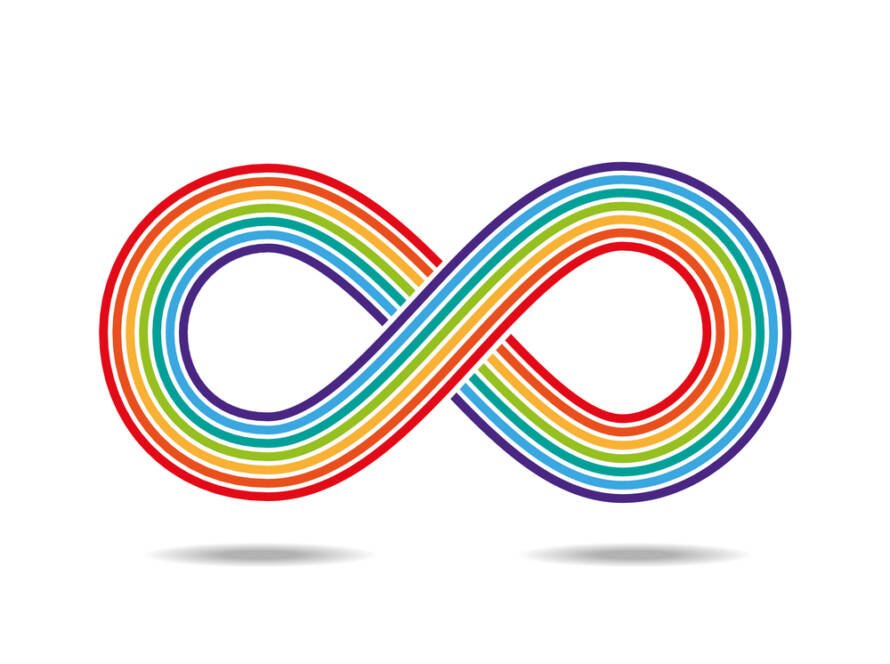In an earlier podcast (Episode 4: What Does It Mean to be AutiSpiritual) I talk about the meaning of the term AutiSpiritual, which has its roots in such related terms as NeuroQueer and AutiGender. However, since publishing that blog post, I’ve been doing a lot of thinking about the term, it’s inclusiveness, and just what it means to have your neurotype affect your spirituality.
Let me start by being clear. I believe that being neurodivergent, regardless of the reason why (Autism, ADHD, cPTSD/PTSD, TBI, etc.) can affect your spirituality. However, the term neurospiritual, which honestly would be my preferred choice, means something very specific which really doesn’t apply to the work I’m doing, as well as my views on a lot of what goes on in psychology. Neurospirituality is based in a hypothesis that the origin of spiritual experiences comes from the brain’s limbic structures within the temporal lobe. It’s from here that mystical experiences such as near death experiences, for example, originate. (1)
I suspect this is a chicken-egg situation. It is most likely true that our brain’s structures can manufacture spiritual experiences, and that various parts of the brain are involved when we have mystical experiences. And in following this line of thinking, our brain’s programming (I’ve heard it compared to operating systems which seems to fit in this case.) would affect how our brain understands, creates, and categorizes those experiences. There are a lot of variables, and I suspect this is a case where unless our understanding of how the brain works and our ability to move beyond the strict forms that psychology and neuroscience have created for us–and honestly to accept that there are some things that we simply won’t be able to quantify–that there will always be a push-pull between what the scientists think about spirituality and spiritual experiences in the brain and how religious studies scholars think of it, and frankly, how the average layperson thinks about their own spiritual experiences.
So with all of that being said, when I talk about Autispiritual, I’m not just talking about autism and spirituality, but rather all neurodivergent brains and how they perceive spirituality. I also suspect I could just use the term “neurodiverse spirituality”, and honestly, going forward I will probably use a phrase like “autispiritual and neurodivergent spirituality” though that’s a mouthful.
Regardless of what term I use, I do think that it’s important to recognize the fact that neurodivergent individuals will focus on spirituality differently from neurotypical individuals. Coming up with terms to define this, as well as to recognize the fact, will help us in creating spaces where we can explore our spirituality without judgment and with full acceptance of the ways in which our brains work.
I look forward to cultivating such a space with you.
- Rubia Vila FJ. NEUROESPIRITUALIDAD [NEUROSPIRITUALITY]. An R Acad Nac Med (Madr). 2014;131(1):307-26; discussion 327-31. Spanish. PMID: 27386686.


